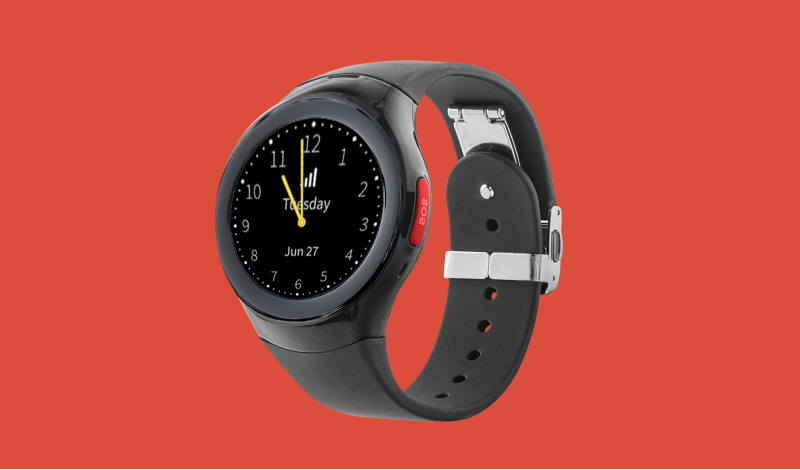Annual check-ups with a primary care physician are an important part of your loved one’s preventative care and wellness plan. Even if your aging loved one is independent, you might find that accompanying them to their annual appointments can be helpful for both of you. Your loved one can have an extra set of ears to listen to instructions and you can begin to learn more about their health so that you can prevent any surprises in the future.


Ideally, the person that accompanies your loved one to their medical appointments would be the Healthcare Power of Attorney they have designated. This way, that designee gets the opportunity to be a part of the healthcare process long before they are thrust into the role if the senior becomes unable to make their own decisions in the future.
Here are a few questions to ask each year as you accompany your loved one to their preventative care check-ups with their primary care physician.
Do you have updated emergency contact information, including any new POA paperwork or other Advance Directives?
An annual check-up is a great time to ensure the information your loved one’s physician has on file is correct and updated. You can check on this when your loved one checks in with the front desk. Make sure the chart has correct emergency contact information for you and other Power(s) of Attorney. If your loved one has updated their Living Will or Do Not Resuscitate (DNR) status, now is the time to give copies of that information to the office.


The office staff will check on the status of insurance, including Medicare, to make sure they have the correct information. Be sure they have your loved one’s correct home address and phone number as well.
Did you get copies of the notes from specialist visits in the past year?
If your loved one visited any medical specialists over the past year, an annual check-up is the time to make sure the primary care physician has those notes in your loved one’s medical file. It is common for seniors to begin to visit specialists and other medical professionals as they age to get more targeted care and support. Unfortunately, seeing different physicians in different cities or hospital systems can sometimes mean that information gets lost in the shuffle. Make sure the primary care physician has copies of the notes from each visit as well as the specialist’s name and contact information.
Your loved one’s primary care physician is the keeper of your loved one’s comprehensive medical history and chart. You want it to be updated with correct information, notes, and medical team members.
What are some “yellow flags” we should be looking for this year based on my loved one’s age and diagnoses?
Preventing a medical crisis is preferred to finding yourself in the middle of one. While every senior is unique, there are some “yellow flags” (observations that aren’t as serious as red flags) that can point to follow-up steps that could prevent a serious medical incident.
For example, your loved one’s physician might tell you to keep your eyes out for any additional shuffling when your loved one is walking, or to watch for a tremor to become worse. Or, it could be watching for increasing signs of hyperglycemia or increased sedentary behaviors.
Once you know what to look for, you can be confident that you aren’t overreacting when you ask your loved one to follow up with a visit to the office. Hearing these “yellow flags” together can also get both you and your loved one on the same page, which can reduce conflict or awkward conversations.
What are some helpful services I can look into for my loved one to support them at home?
Aging in place, or staying at home for as long as possible, is more realistic today thanks to a variety of services and resources that can be brought into the home. Your loved one’s physician might recommend a medical alert system, a few visits each month from a home care agency, or a simple meal delivery service.
You can also request contact information for local resources. While the doctor might not have those readily available, they can send in a nurse or social worker to follow up with you and your loved one after the appointment with that information. This takes some of the research off your plate, which can decrease your caregiver stress!
My loved one has been worried about….
Finally, you can advocate for your loved one during their appointment by simply inviting them into the conversation. Give your loved one time to speak about things they have been noticing or worrying about, and prompt them with what you’ve seen as necessary. Give them space to ask questions that are important to them.
Remember, it can be helpful for both you and your loved one if you become involved in their medical care before they need extensive help. Attending an annual check-up can be a great way to begin this process. Good luck!















